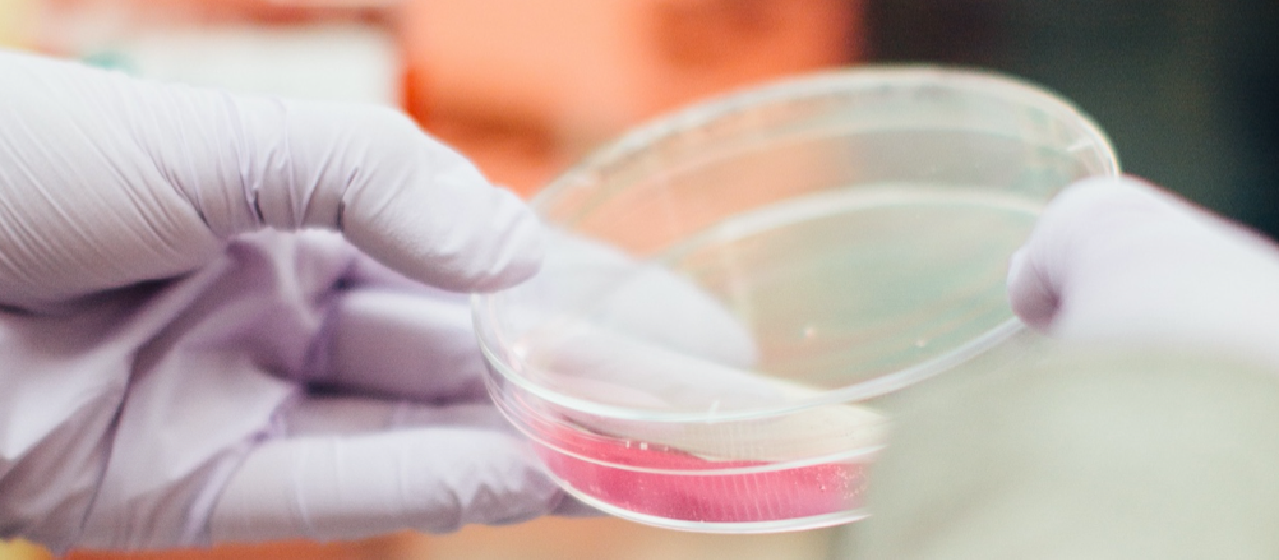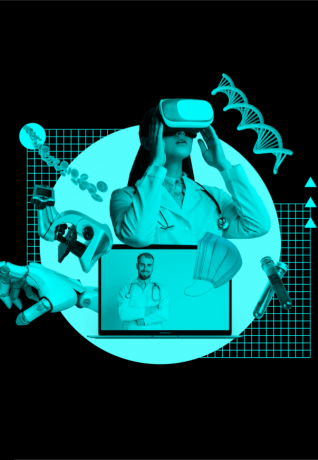LIFE SCIENCES INDUSTRY

Italy is a top-three EU country for R&D in pharmacology, toxicology, and pharmaceutical research and clinical trials.
Milano is one of the largest centers for pharmaceutical and medical device clinical trials, with a particular focus on rare diseases, orphan drugs and a strong pipeline of drug candidates. 2 out of 10 advanced clinical trials approved in the EU are Italian.
The city represents 28% of the Italian biotech sector and boasts a rich network of academia, research organizations, national and international regulators, government and complementary industries, which provide a unique breeding ground for science, research, and innovation.
30% of the total inward FDIs in Italy are directed to Milano. 5,300 multinationals (47% of the national total) employ over 420,000 people.
Thanks to its deeply-rooted entrepreneural fabric, 11 top-ranked universities, 347,000 Life Sciences employees, 130,000 skilled healthcare workers and state of the art research hospitals (IRCCS), Milano is already home to >250 biotech companies, Life Science trade bodies, and Human Technopole, Italy’s new research istitute for Genomics and Computational Biology based at MIND – Milano Innovation District. Prestigious international accelerators such as Berkeley Skydeck have chosen the city to expand internationally with the exciting launch of Berkeley Skydeck Europe @MIND. The District will soon inaugurate Galezzi Hospital’s (18th worldwide for Orthopedics) 600 bed facility.
Italian Life Sciences companies have invested heavily in orphan drugs and advanced pathology treatments related to cancer and other diseases of clinical-epidemiological relevance, such as autoimmune and infectious diseases, with around 300 new Biotech products are currently being tested.
Over €432 mln are invested every year in R&D by the regional Pharmaceutical industry. Milano is also a thriving center for precision medicine, with a large concentration of research hospitals, startups and corporations active in this field (i.e. successful spinoffs include Genenta and Molmed).
Lombardy’s regional government is a leading partner of a national research program for the development of advanced cancer therapies, with local hospitals involved in international research programs such as the European consortium EURE-CART, aimed at bringing the EU at the forefront of immunotherapy. The European Institute of Oncology ranks 11th for Cancer research.
Italy’s functional foods market is the largest in Europe and the country is second in the world (after the US) in scientific production applied to nutraceuticals. Milano is a hub for Italy’s agri-foods industry, and particularly functional foods, which is renowned for its quality and innovation. The City is located in the North of the Italian “food valley” and close to the European Food Safety Authority and European Nutraceutical Association in Parma.
In 2018, Milano’s ALISEI National Technological Cluster for Life Sciences partnered with the National Technological Agri Food Cluster, C.L.A.N., to support research and technology transfer in the following areas: nutraceutical, nutritional and functional foods.
Milano has one of the world’s most efficient and advanced healthcare systems, and was early in introducing individual electronic health records. It also pioneered an integrated “one health” approach.
Lombardy has more than 250 private and public hospitals, and 17 state-of-the-art research hospitals, known as “IRCCSs” and conducting critical research in biomedicine and healthcare services delivery. The city of Milano offers a state-of-the-art healthcare system, through a comprehensive network of 19 public and private hospitals. 12 of them have emergency rooms with dedicated assistance for foreign patients.
Advanced analytics and big data are transforming the global pharmaceutical industry, and Italy is a top-three country in Europe for innovation productivity in computer science information systems.
Milano was the first major city in the world to launch 5G. It has also been chosen as a leading destination for research and training centers for advanced analytics companies and hosts 13,500 ICT companies.
Milano is home to the Center for Nano Science and Technology and to the Center for Genomic Science, which applies modern genomic technologies towards a better understanding of complex biological processes and diseases, with particular emphasis on cancer. 5 out the 10 main Genomics companies worldwide have a presence in Milano. Additionally, 1,394 companies and 37,000 people employed make the city an attractive Medtech hub.
Milano boasts the highest number of innovative startups in Italy (2,363). The birth-rate of knowledge intensive (KI) startups in Lombardy is 38,6 every 100,000 residents (less than 30 in Germany). Startups in Lombardy boast also a high (5.9%) and medium-high (13.5%) performance of growth, better than those in the Bayern region. Startups related to Industry 4.0 had a birth-rate of 4 every 100,000 residents in 2017, with 1/3 of them experiencing a mid-high growth performance, the best results in Europe.
In 2020, the Life Sciences sector was the main investment target for Venture Capital and Private Equity investments in Italy, with 68 deals representing 37.6% of the total. Since 2017, Life Sciences have steadily been the leading sector in terms of the number of investments in high-tech companies, with a growth of +143%. As the country’s financial capital, Milano is the center of the Italian Venture Capital industry and hosts all the main VCs and investment firms, as well as public institutional investors (i.e. CDP Venture). On top of that, Italy offers a competitive package of fiscal incentives for innovative companies and startups.
Interested in knowing more on how to invest in Milano and the free of charge services available to support your expansion? Contact us at invest@yesmilano.it.

 Log in
Log in

